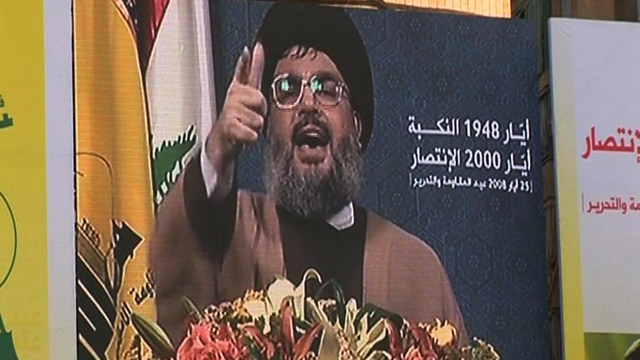Deal or No Deal
 An appearance of peace has returned to Lebanon; but as Hezbollah grows in power, political tensions are becoming palpable. Has the country finally entered a long-term settlement, or are we witnessing the preliminaries to a new conflict?
An appearance of peace has returned to Lebanon; but as Hezbollah grows in power, political tensions are becoming palpable. Has the country finally entered a long-term settlement, or are we witnessing the preliminaries to a new conflict?
Thanks to massive financial and military backing from Iran and Syria, Hezbollah has emerged as a powerhouse over the past years. Keen to display its power, it has repeatedly had the upper hand in skirmishes with government forces. A traditional enemy of Israel, Hezbollah has recently shifted its attention to Lebanon. Sunnis and supporters of the government have now become terrified to speak out against it: 'I doubt the Lebanese president can do anything about them because they see themselves as stronger than the state. They are a state within a state', says a leader of the Future Movement. Lebanese society is divided between pro-Hezbollah and pro-government factions, which is most visible in the hostility between Sunnis and Shias but has lately spread to other communities. With the 2009 elections looming, the Christian vote has become a vital political battleground. And in some ways the split emerging among them is more significant than the Sunni-Shia divide. Militias are forming in the suburbs of Beirut and tensions keep rising. Is this the build-up to a new civil war?
FULL SYNOPSIS

